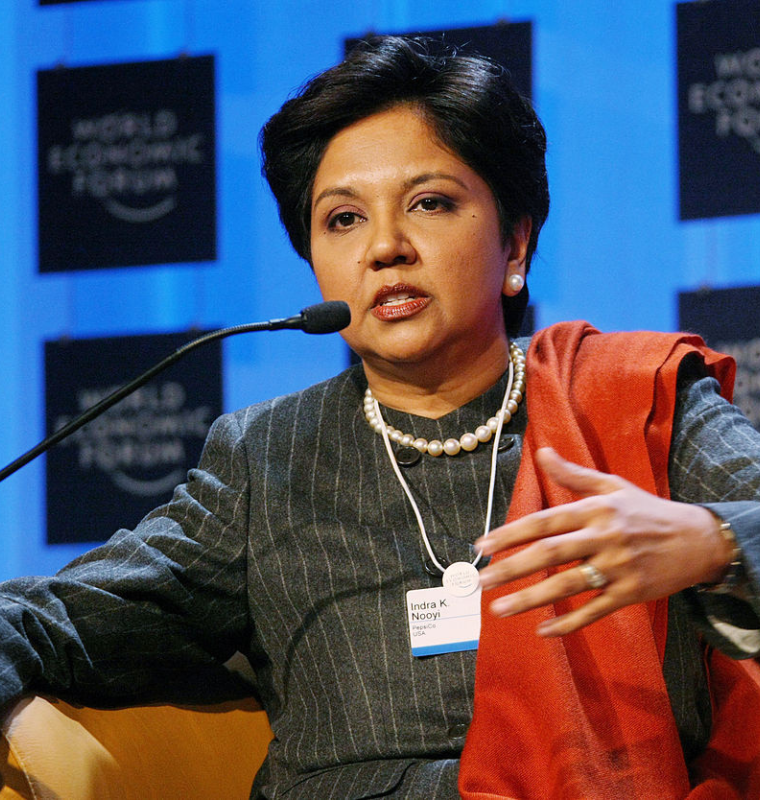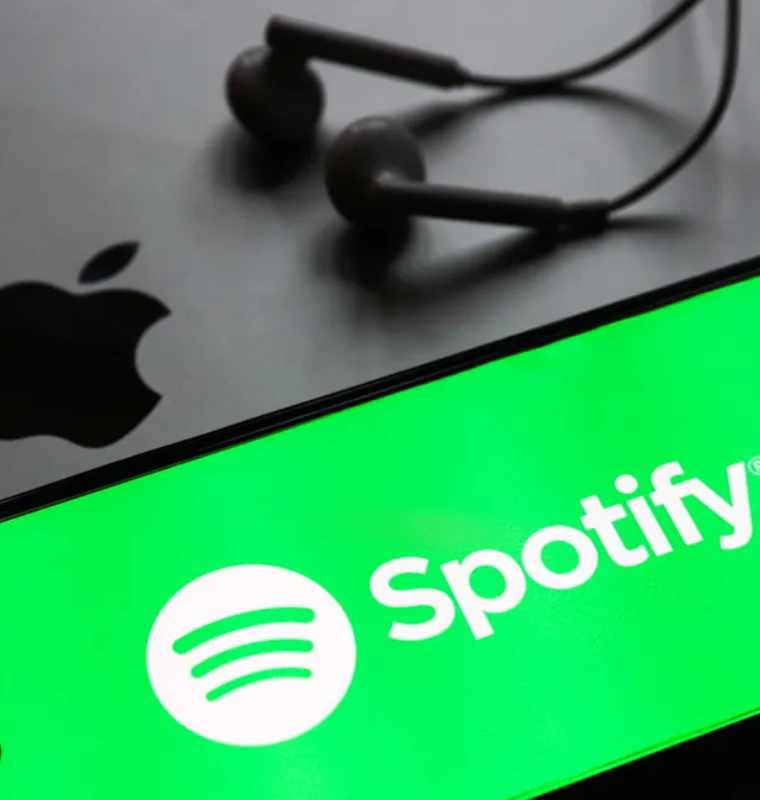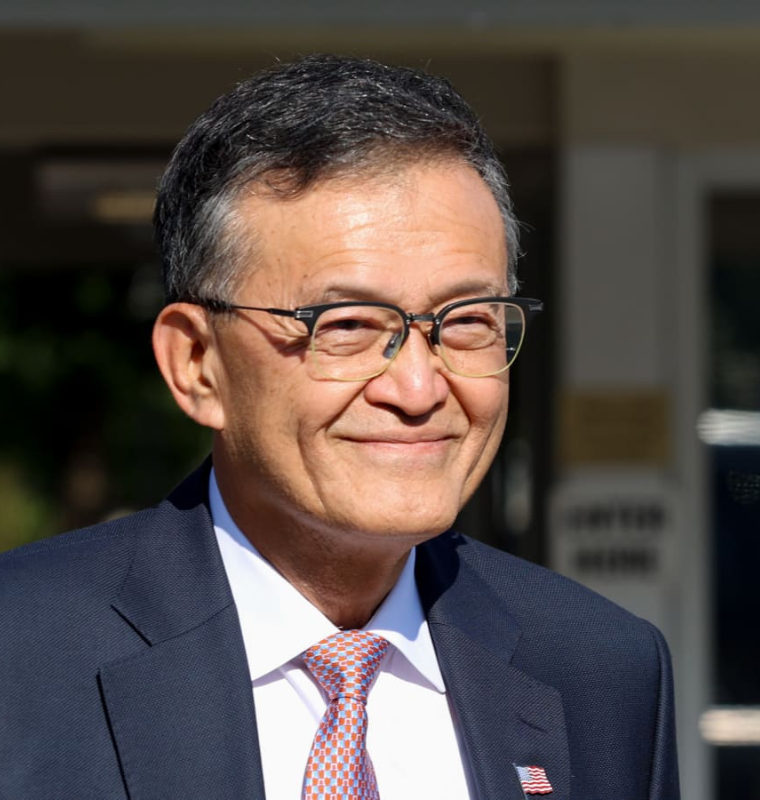Trump Warns Zohran Mamdani to 'Fall in Line' or Risk Losing Federal Funds as NYC Mayoral Bid Gains Momentum
Trump Warns Zohran Mamdani to 'Fall in Line' or Risk Losing Federal Funds as NYC Mayoral Bid Gains Momentum
By
David Goldfarb
Last updated:
June 30, 2025
First Published:
August 3, 2025

Zohran Mamdani reacts next to his parents, Mahmood Mamdani and Mira Nair, and wife Rama Duwaji during a watch party for his primary election. Photograph: David Delgado/Reuters
WASHINGTON — Former President Donald Trump issued a stark warning to New York City mayoral candidate Zohran Mamdani, declaring that if elected, Mamdani must “do the right thing” or risk seeing the city’s federal funding cut off.
“Let’s say this — if he does get in, I’m going to be president and he’s going to have to do the right thing, or they’re not getting any money,” Trump said in an interview with Fox News’ Maria Bartiromo, aired Sunday on Sunday Morning Futures.
The remark comes after Mamdani, a 33-year-old Democratic socialist and State Assemblyman, emerged as the frontrunner in New York’s mayoral race, defeating former Governor Andrew Cuomo in the city’s Democratic primary last week. Mamdani’s victory marks a political turning point, representing a surge in progressive momentum across the nation’s largest city.
Trump Escalates Pressure on Democratic-Run Cities
Trump’s latest comments reflect a broader strategy he’s long embraced — using federal financial leverage to influence policies in states and cities run by Democrats. In the past, he has threatened to withhold funds from California over Governor Gavin Newsom’s stance on transgender athletes, and from other states over issues ranging from immigration enforcement to public safety budgets.
“Whoever’s mayor of New York is going to have to behave themselves,” Trump continued, “or the federal government is coming down very tough on them financially.”
The comment appeared to target not just Mamdani, but the entire field of New York City’s mayoral hopefuls, framing the upcoming general election as a battle over political ideology and federal cooperation.
Branding Mamdani: Trump Labels Him a “Communist”
Throughout the Fox News interview, Trump repeatedly attacked Mamdani, calling him a “communist” and suggesting his policies would harm the city. The former president, now leading polls for the 2026 presidential race, has previously used similar rhetoric to galvanize his base, particularly when speaking about progressive candidates of color.
Mamdani has flatly rejected the label.
“I am not [a communist],” Mamdani told NBC’s Kristen Welker on Meet the Press. “And I’ve already started getting used to the fact that the president will talk about how I look, how I sound, where I’m from, and who I am.”
Mamdani, who represents Queens in the New York State Assembly, is a prominent voice in the Democratic Socialists of America, advocating for housing justice, police reform, and universal healthcare at the city level.
A Tense Federal-Local Relationship Looms
If both Trump and Mamdani secure their respective elections, analysts predict a combustible relationship between Washington and New York City’s government. With NYC’s annual budget surpassing $100 billion, much of it tied to federal aid for transportation, housing, and public health, the stakes are high.
According to data from the Federal Funds Information for States, New York receives more than $7.5 billion annually in discretionary federal grants. Withholding even a fraction of that could have major impacts on critical city services.
Legal experts say Trump's threat, if carried out, would likely face challenges in court.
“There are clear constitutional limits on how the federal government can withhold funds,” said constitutional law professor Melissa Murray of NYU. “The Supreme Court has already ruled that conditions on federal funding must be directly related to the purpose of the grant.”
Political Impact and the Road Ahead
Mamdani’s rise marks a broader trend within the Democratic Party toward progressive, younger candidates, particularly in urban centers. His campaign has been driven by a coalition of youth organizers, labor unions, and grassroots activists pushing for major reforms in housing, policing, and social equity.
Whether Trump’s attacks damage Mamdani’s campaign — or embolden it — remains to be seen. Polls indicate that Mamdani’s support among younger, diverse voters in the outer boroughs has surged since the primary.
As the general election nears, the confrontation between Trump and Mamdani could serve as a national flashpoint — pitting populist conservatism against urban progressivism, and shaping how federal-local relationships evolve under a polarized political climate.
Popular articles
Subscribe to unlock premium content
Indra Nooyi’s Strategic Vision at PepsiCo: Balancing Profitability with Purpose

Nike’s Direct-to-Consumer Revolution: How Cutting Retailers Boosted Profits and Control

Spotifys Playlist Power Turning Music Curation Into An Advertising Goldmine

Indra Nooyi’s Strategic Vision at PepsiCo: Balancing Profitability with Purpose

Nike’s Direct-to-Consumer Revolution: How Cutting Retailers Boosted Profits and Control

Indra Nooyi’s Strategic Vision at PepsiCo: Balancing Profitability with Purpose









